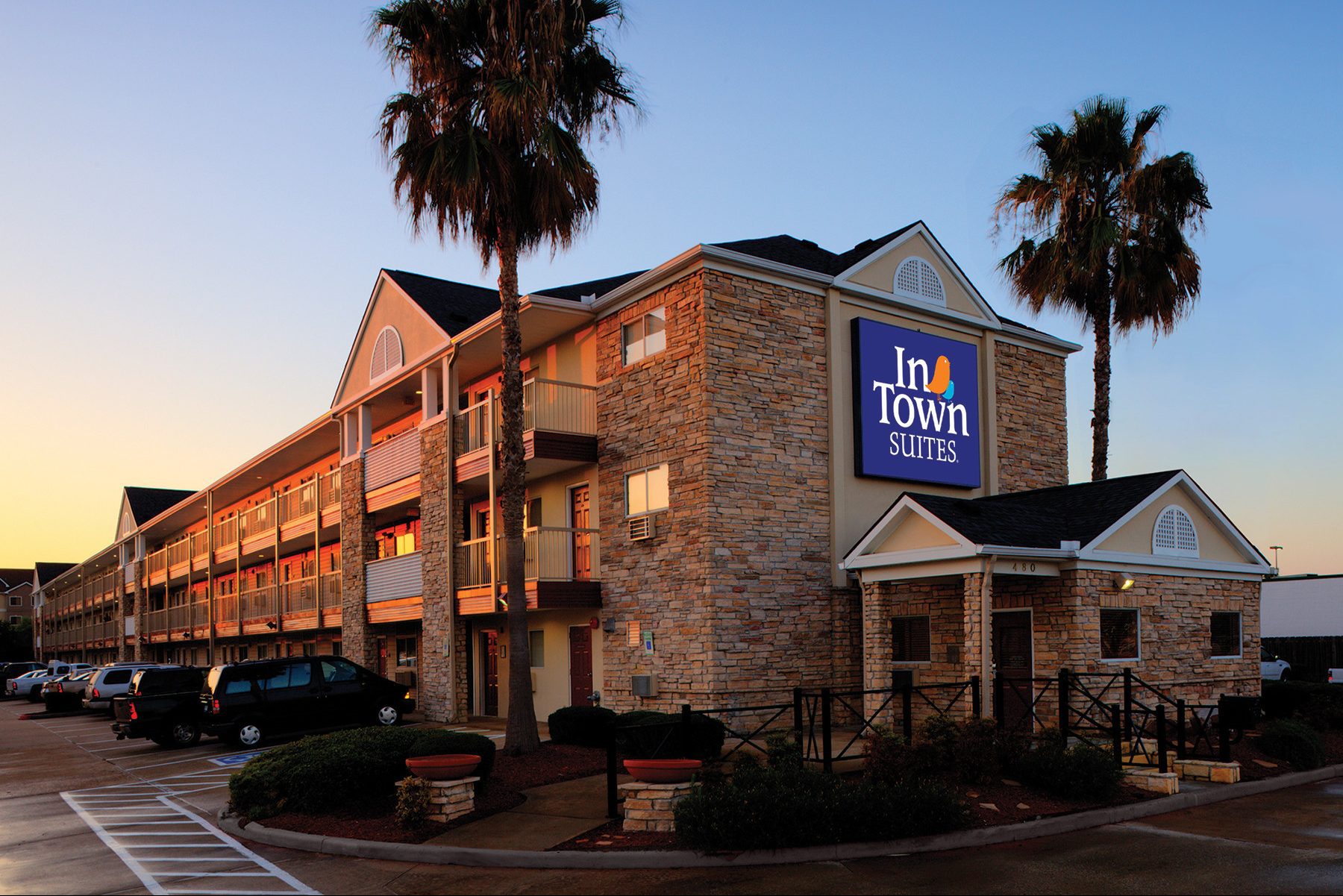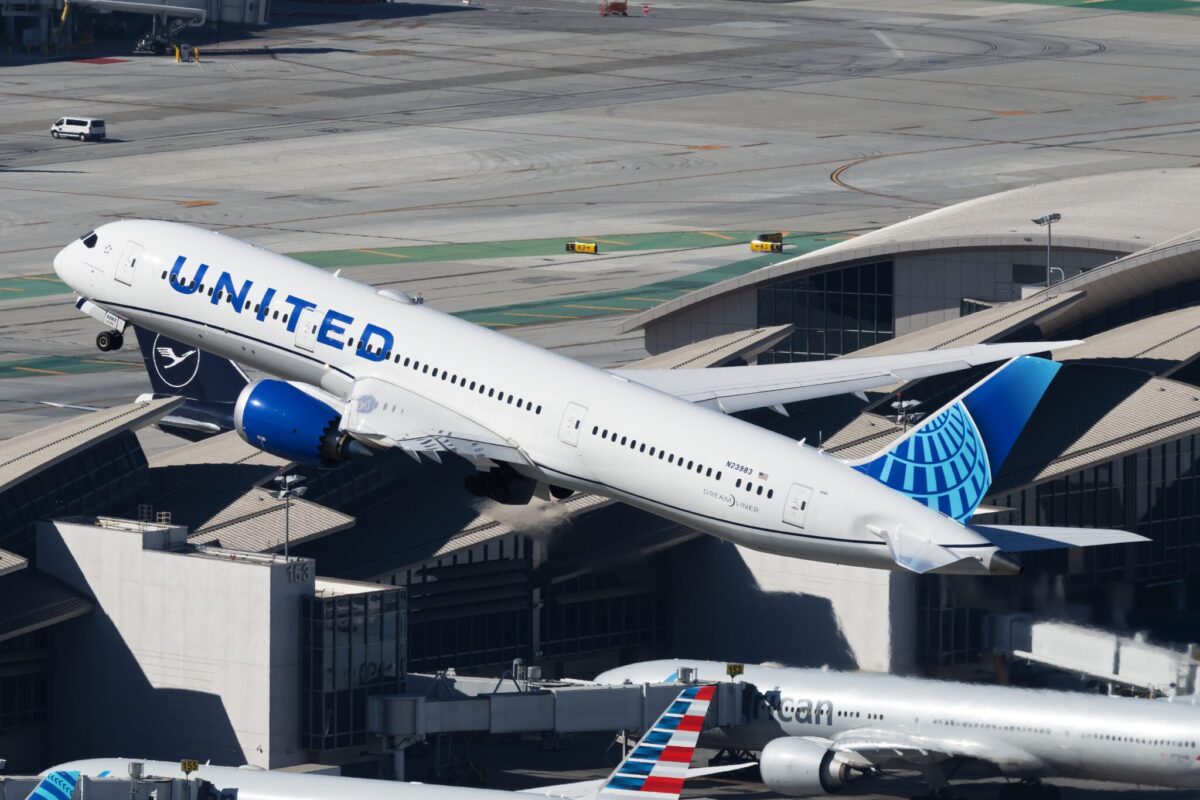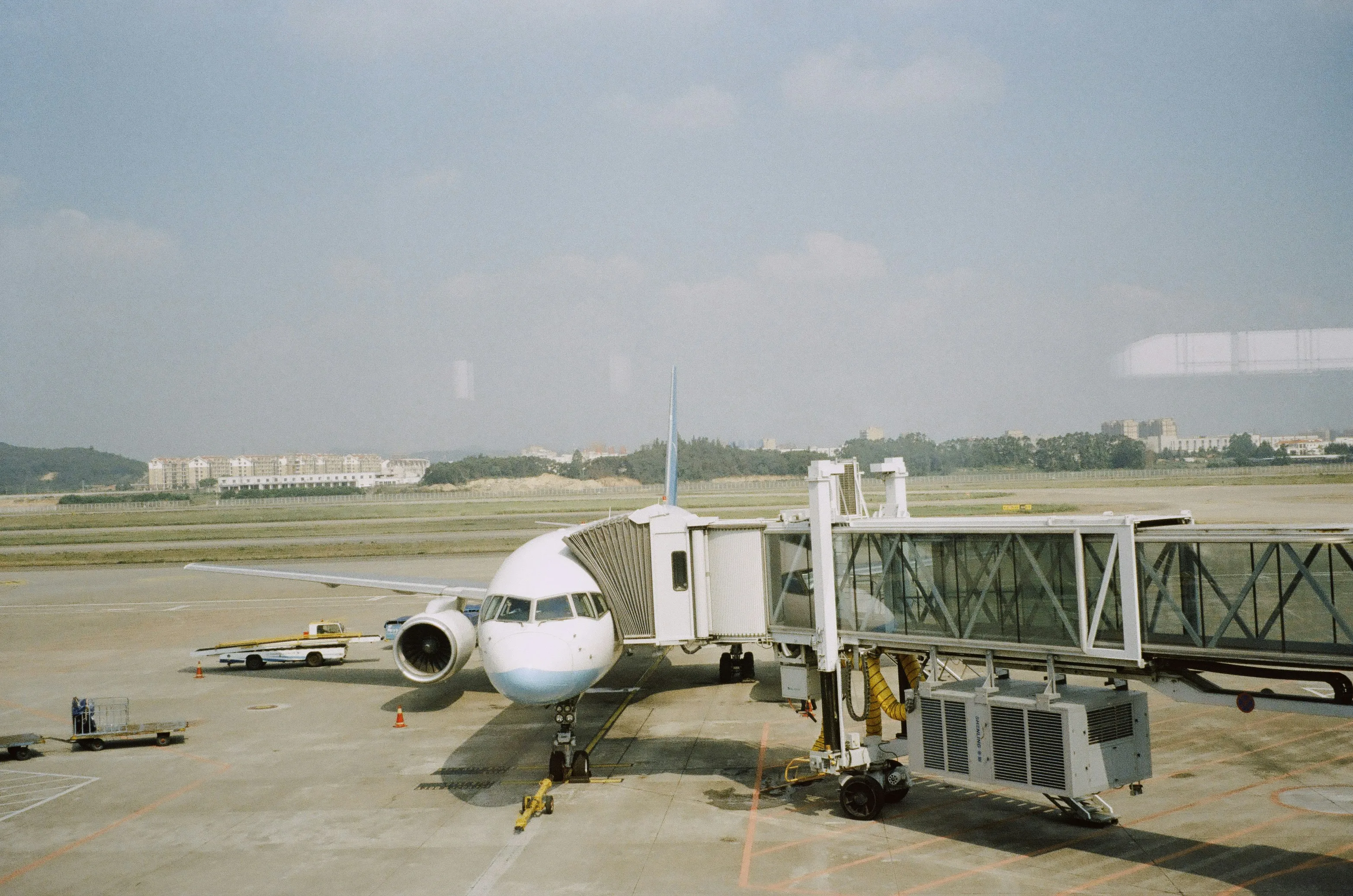Starwood CEO Touts Resiliency of Extended Stay Hotels During Pandemic

Skift Take
During his tenure at Starwood Hotels & Resorts, billionaire investor Barry Sternlicht was known for building up luxury brands like W Hotels. But investments in recent years and into a global pandemic show the extended stay sector has become Sternlicht’s sweet spot.
Starwood Property Trust, the real estate investment firm where Sternlicht serves as CEO, has a chain of extended stay hotels running at 85 percent average occupancy rates during the coronavirus crisis, he said Wednesday during an investor call. That performance is well above the U.S. hotel industry average of 48 percent, according to STR.
But strong performance in one hotel sector doesn’t mean Sternlicht and the Starwood Trust team are doubling down on the industry as a whole.
“The two areas where demand isn’t going to return to levels it was anytime pre-Covid are hotels and retail,” Sternlicht said. “Those are two asset classes where you can get extraordinary deals and extraordinary spreads, but you’re going to have to predict a future that isn’t going to look like 2019, not for a while.”
The giant cloud of uncertainty hanging over the hotel industry as a whole won’t lift until business travel returns, Sternlicht added. That timeline hinges on uncertain variables like a vaccine and the restoration of international travel. So many unknowns in the market will inevitably take a toll on pricing.
“Underwriting is going to be different than the underwriting we had before,” Sternlicht said. “There’s a lot of stuff we’ll pass on right now.”
But Sternlicht isn’t passing on the extended stay hotel sector. He acquired a nearly 9 percent stake in Extended Stay America earlier this year through his Starwood Capital investment firm. The deal was reportedly driven by the brand’s resiliency during the initial wave of coronavirus lockdowns and downturn in U.S. travel. While many hotels suspended operations, Extended Stay America did not have to close a single hotel.
During a May investor call, Sternlicht touted another Starwood-owned extended stay brand — InTown Suites — had an 80 percent average occupancy rate during the first months of the pandemic.
“Twenty percent of our hotel exposure is in extended stay hotels, which have significantly outperformed other hotel segments and averaged over 80 percent occupancy during Covid,” Starwood Property Trust President Jeffrey DiModica said Wednesday.
He did not elaborate on performance for the remaining 80 percent of Starwood Trust’s hotel investments.
Starwood Trust executives did not mention specific brands on the Wednesday investor call. The company did not respond to Skift’s request for clarification on which of their extended stay brands were currently performing at above 80 percent occupancy rates in time for publication, or who might be staying at those hotels.
The Election and Beyond
Despite the pandemic, Starwood Property Trust still reported a $126 million second quarter profit. The strength stems from Starwood’s diverse investment platform across a variety of assets, Starwood Trust Chief Financial Officer Rina Paniry said.
But the upcoming U.S. election could lead to the removal of the real estate-friendly Trump administration. Presumptive democratic presidential candidate Joe Biden has proposed eliminating the 1031 Exchange, a tax provision popular with hotel owners looking to trade up properties and defer capital gains taxes.
While Sternlicht indicated a Biden administration has the potential to impact the way real estate investors do business and raise taxes, he’s less concerned with the removal of the 1031, or like-kind exchange, tax incentive.
“The like-kind exchange should go away. It isn’t helpful,” Sternlicht said. “I’ve never used it in my life, so I’ve never been impacted by this.”
Sternlicht is, however, not as optimistic as other industry stakeholders that a coronavirus vaccine will be a silver bullet in reigniting demand for certain property sectors, especially hotels.
“We all hope the vaccine is successful. We also hope the people use it. We are realistic that they may not all actually use it,” Sternlicht said. “Some of the sectors that have been hurt the most — namely retail and hotels — we have to be careful with.”




